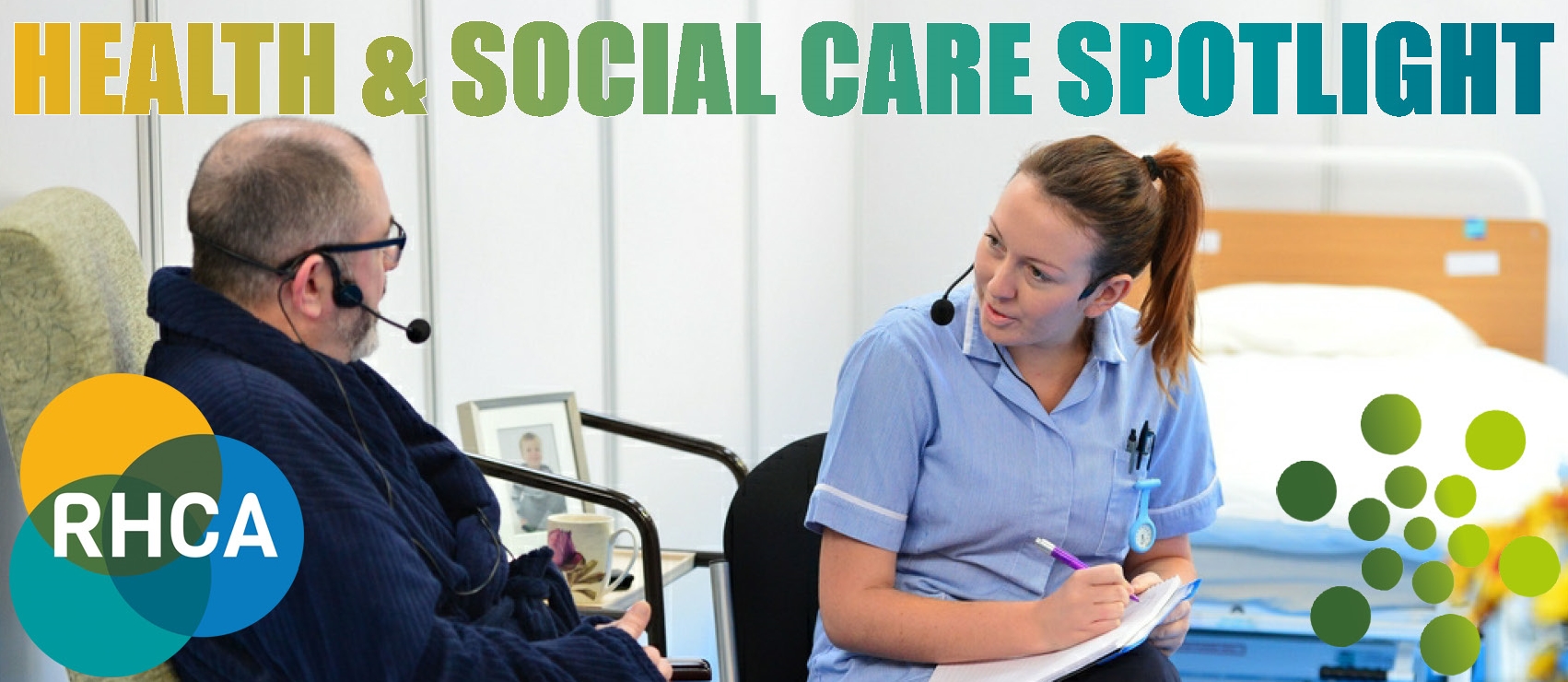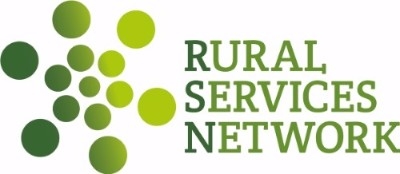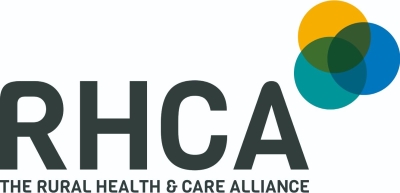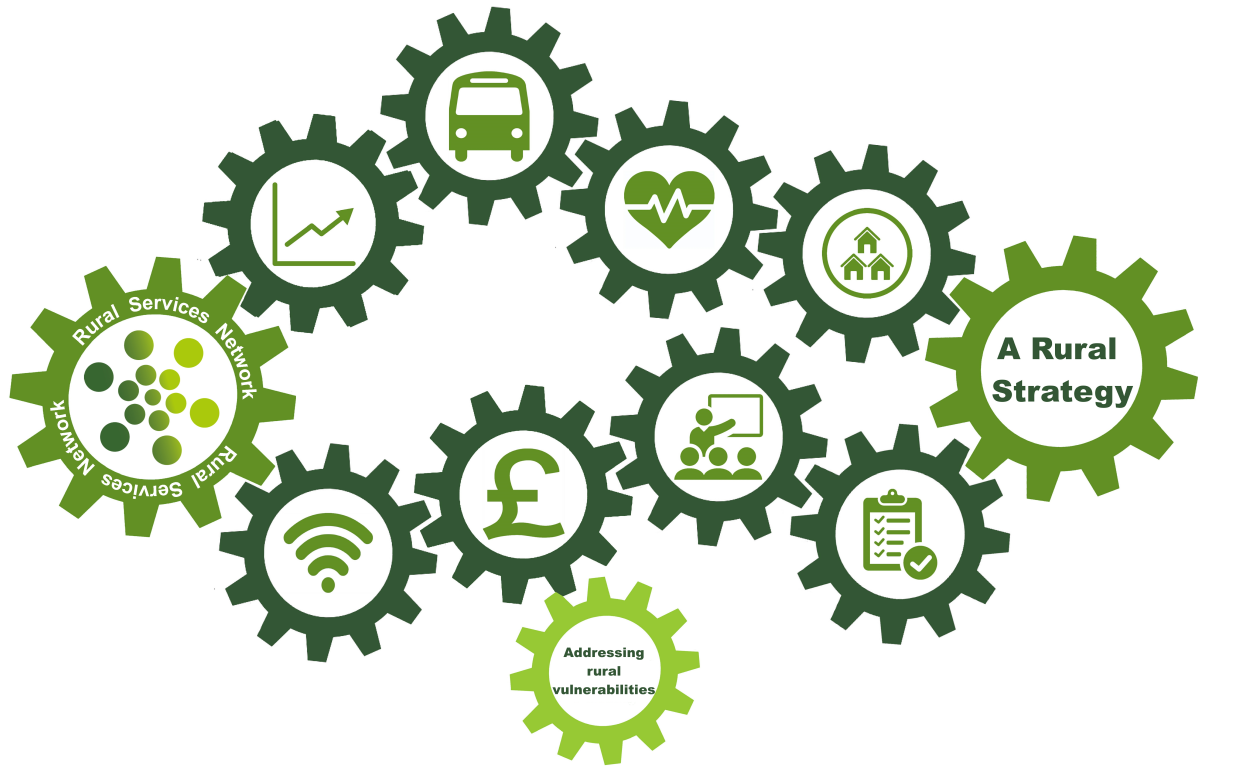T: 01822 851370 E: [email protected]
RSN Voices Serious Concerns Over ‘Fairness’ Of Settlement
Read here...
Health and Social Care Spotlight - October 2019

This newsletter on rural health is provided for the RSN and the Rural Health and Care Alliance
It includes a roundup of rural health news, research, learning and best practice. If you have any information you wish to share with other members of the Alliance or case studies that you think others would benefit from, please let us know!
Please forward to colleagues if they are interested in rural health
|
- Click here to find out more about our priorities |
|
News stories that have been featured on our rsnonline.org.uk website include: Rural Homelessness Rising App helps emergency services identify those lost in rural areas Bus journeys fall by 300 million in 5 years |
|
RSN provide a range of opportunities for colleagues to come together to discuss issues affecting rural health. Member organisations are welcome to attend these events for free. Rural Health and Wellbeing Seminar |
|
Whitehall updates the Index of Multiple Deprivation If prevention is better than cure, what more can be done to prevent Rural ill health? The RSN's Observatory is the place to discover the statistics behind key issues facing rural communities in England, issues that the RSN is striving to highlight and tackle through its work. The Observatory is additionally a great place to understand the numbers that define the communities within our membership through an expanding group of analyses, with this body of work soon to be given its own area on the RSN website called Member Insights & Analysis. |
|
Services under strain in Dorset from growing elderly population Air pollution ‘triggers hundreds more heart attacks and strokes’, Rural Doctor Shortage Some parts of UK aging twice as fast as others |
|
Shropshire Community Health Trust Alzheimers UK are a member of our Rural Services Partnership |
Nottingham and Nottinghamshire Integrated Care SystemNottingham and Nottinghamshire Integrated Care System have recently joined the Rural Services Partnership and the Rural Health and Care Alliance. This means they’re joining forces with the NHS, councils and voluntary sector to coordinate services around the whole needs of each person. While some of their area is very urban, a large part is rural with all the issues around difficulties in recruiting workforce and transport potentially leading to isolation. They are committed to looking at how they can work together to resolve this issue including using technology to ensure all of their citizens, regardless of where they live, experience good quality care. |
 |
What is the Rural Services Network?RSN is a membership organisation and the national champion for rural services, ensuring that people in rural areas have a strong voice. We are fighting for a fair deal for rural communities to maintain their social and economic viability for the benefit of the nation as a whole. Our membership includes over 120 Local Authorities and over 170 rural service provider organisations. |
 |
What is the Rural Health and Care Alliance?The Rural Health & Care Alliance is a membership organisation dedicated to providing news, information, innovation and best practice to those delivering and interested in rural health and care. It has been established through a partnership between the National Centre for Rural Health and Care and the Rural Services Network (RSN) and is affiliated to both the National Centre and the RSN. Members will be kept informed of the National Centre’s activity and the related activity of the RSN on rural health and care and have the opportunity to influence both organisations’ work. |











